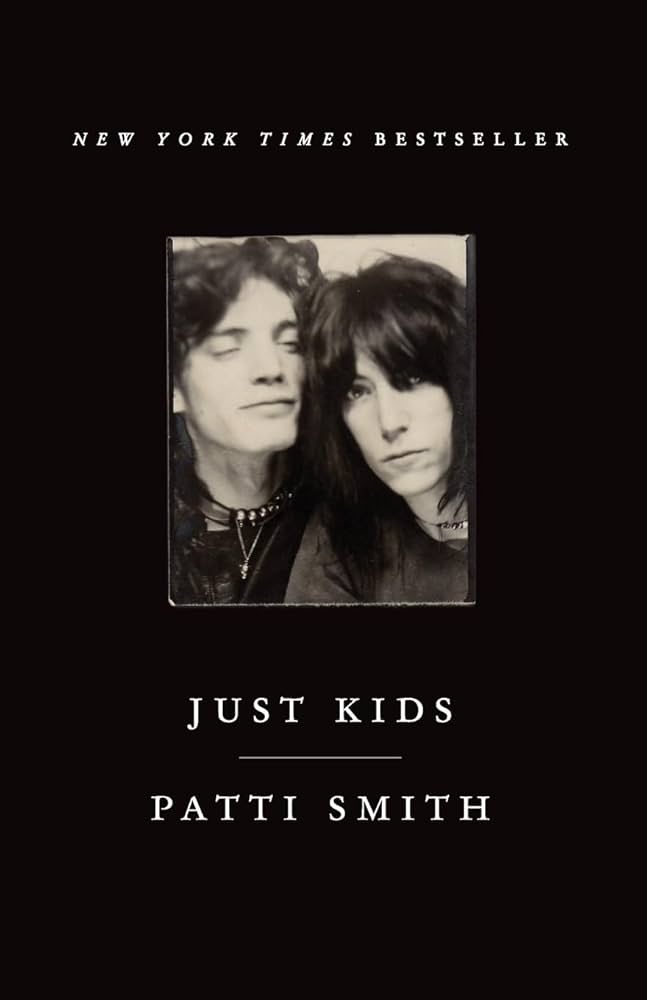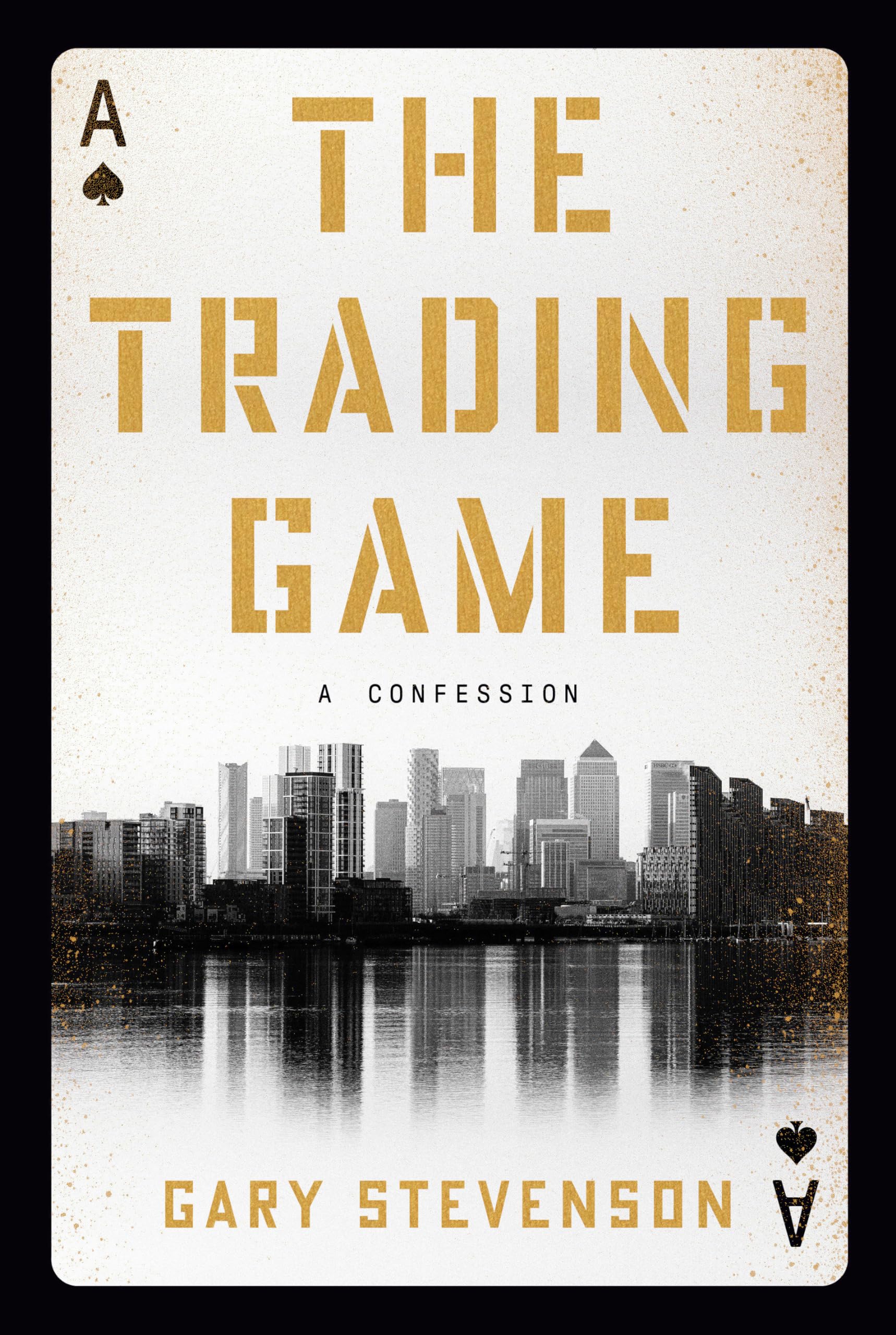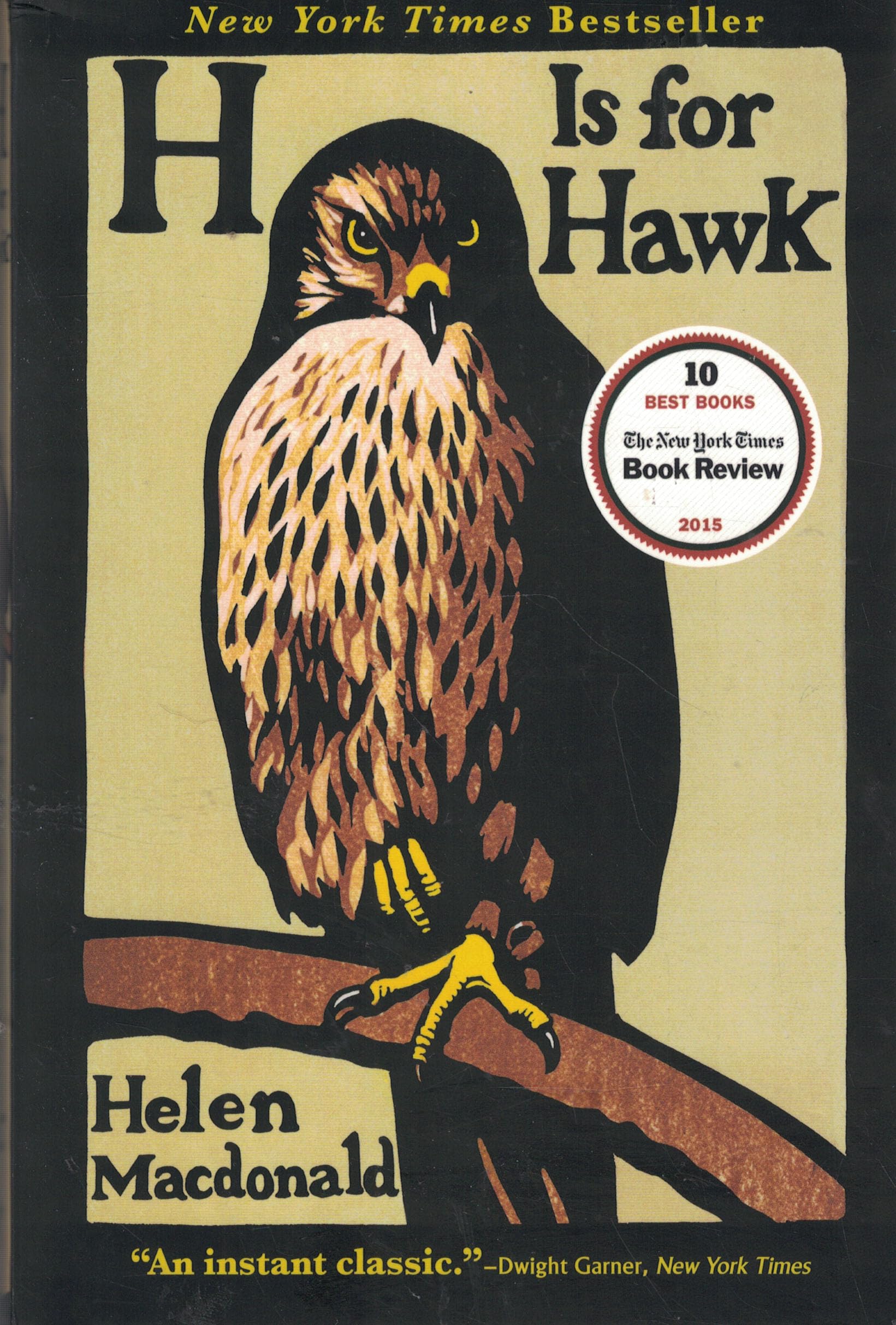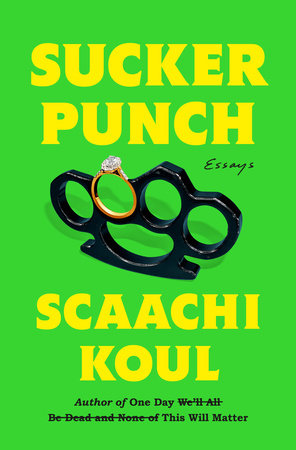Patti Smith is one of those artists that was beloved by people older than me, and I didn’t quite get the appeal of her work in my youth. Then she fell off my radar. After I had my whole moment around Kate Arnold’s poetry recommendations, a friend suggested I might like Just Kids. She was bang-on.
I came to Just Kids as a total naïf: Smith’s music is on my radar, faintly, her reputation as a poet and unwilling spokesperson for that late 60s through the 70s rock and roll generation. Her longtime (it’s complicated) partner, photographer Robert Mapplethorpe was a name that I’d heard, but not much beyond that. We all have our cultural blind spots, and I’m grateful to have this one filled in.
Smith’s memoir is an occasionally misty-eyed look at their lives as they intersected and diverged over the years. He was her great love, she was his muse. They lived in New York in the 60s and 70s, and had encounters with a laundry list of cultural icons: Warhol, Hendrix, Burroughs, Sam Shepard, Allen Ginsburg, and a dozen others. Smith never name-drops, though — each figure is in the story for a reason, and she often has surprising anecdotes about them or their personalities.
Smith is a lyrical writer, and almost every page has a sentence or turn of phrase that feels completely unique. She’s generous with her assessment of others, she writes with love and affection, humility and regret, optimism and awe.
Smith (and Mapplethorpe) defined the term ‘starving artist’. The recounting of sleeping rough, failing to hold down jobs, and counting on good luck and the kindness of strangers made the first half of this book riveting. As it goes on and they each meet with some success, Smith seems genuinely surprised and humbled by every opportunity she earns, even though it’s clear that she has earned them.
This paragraph describes the spirit of the whole book (emphasis mine) – she wants to tell stories and connect people with art:
I had written some record reviews and was now receiving stacks of free records. After reviewing the ones I liked, I took them all down to a place in the East Village called Freebeing. They paid a dollar a record, so if I had ten records it was a good score. I actually made more selling records than writing reviews. I was hardly prolific and usually wrote pieces centered on obscure artists like Patty Waters, Clifton Chenier, or Albert Ayler. I wasn’t interested in criticizing so much as alerting people to artists they may have overlooked.
(that sounds a little like what I’m trying to do here.)
I’m not sure that this book is an all-timer for me — having not been a product (or fan) of that era and those artists, it’s a lot of trivia and details that I’m not best to appreciate — but Smith’s genuine writing and lovely spirit make Just Kids a worthwhile use of time. I feel like she’d be an absolute joy to spend time with.








